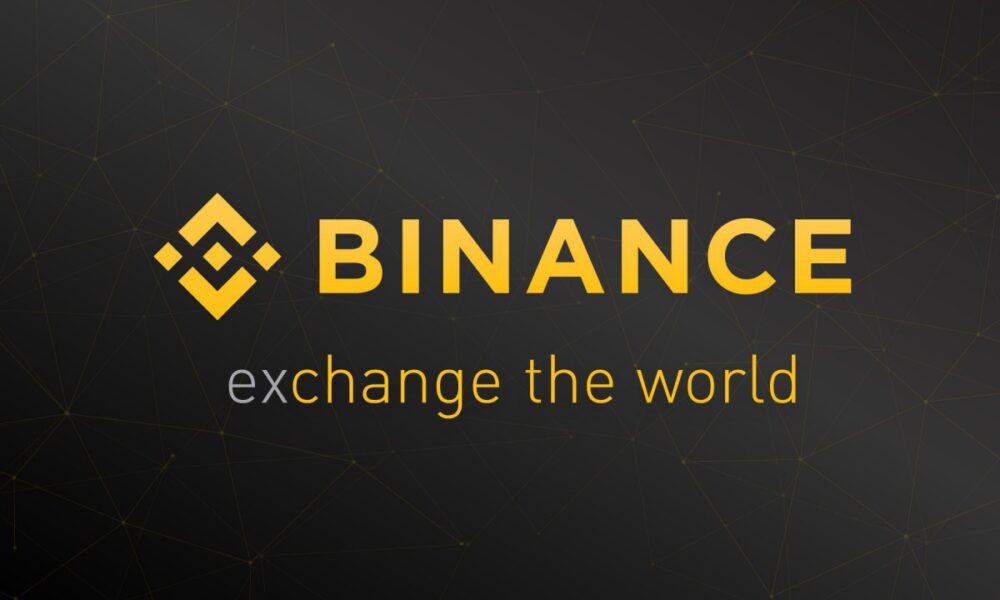Cryptocurrency
Binance Now Accepts Naira Withdrawals and Deposits
Binance now accepts Naira withdrawals and deposits

Binance, the world’s largest cryptocurrency exchange company, on Monday announced it has started accepting Naira deposits and withdrawals to ease traders’ and investors’ stress.
In February 2021, Binance halted Nigerian Naira deposits and withdrawals after the Central Bank of Nigeria (CBN) banned banks from facilitating payments for cryptocurrency platforms operating in the country.
The directive was necessary to curb capital outflow from the nation’s real economy into the cryptocurrency space during the peak of the bullish run that saw Shiba coin gaining over 30,000%, Bitcoin hitting $66,000 a coin and Dogecoin rising as high as $0.7 a coin within 12 months.
Binance introduced the peer-to-peer trading concept to ensure Nigerian customers can still deposit and withdraw despite the absence of deposit money banks.
In 2022, the apex bank accused Binance traders of being responsible for the Nigerian Naira’s high parallel market exchange rate against the United States Dollar. This, they did by setting the Naira exchange rate to a USDT, a U.S. Dollar backed stablecoin, at an assumed rate decided based on demand and supply on the Binance platform.
On Monday, November 7, 2022, Binance announced in a statement accessed by Investors King that Nigerian traders can now deposit and withdraw in local currency.
“Binance is pleased to announce that it has added a fiat gateway for Nigerian Naira (NGN) as part of Binance’s mission to increase the adoption and mainstream accessibility of crypto. Users are now able to deposit and withdraw NGN to and from their Binance wallets”, the statement reads.
The cryptocurrency exchange platform, however, advised all intending users to complete the Know Your Customer (KYC) requirement before they can deposit and withdraw in Naira on the platform.
Given the timing of the announcement, a period when the Nigerian Naira is trading at a record low against global counterparts, it is safe to say that the CBN had secretly lifted the ban imposed on Nigerian banks from facilitating cryptocurrency payments to encourage Naira to Naira trading against the pervasive Naira to USDT trading that most people are now using as a Naira-US Dollar exchange rate determinant.
The idea is to ease the current exchange rate.